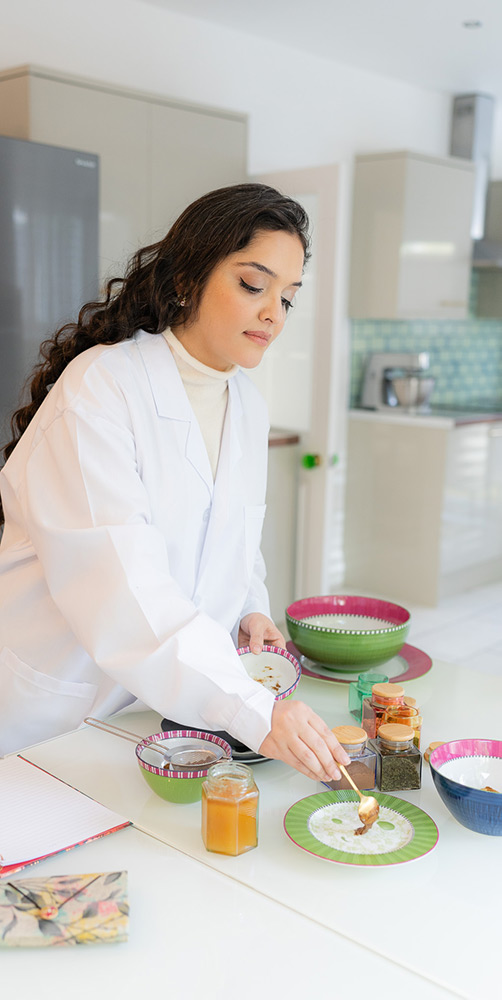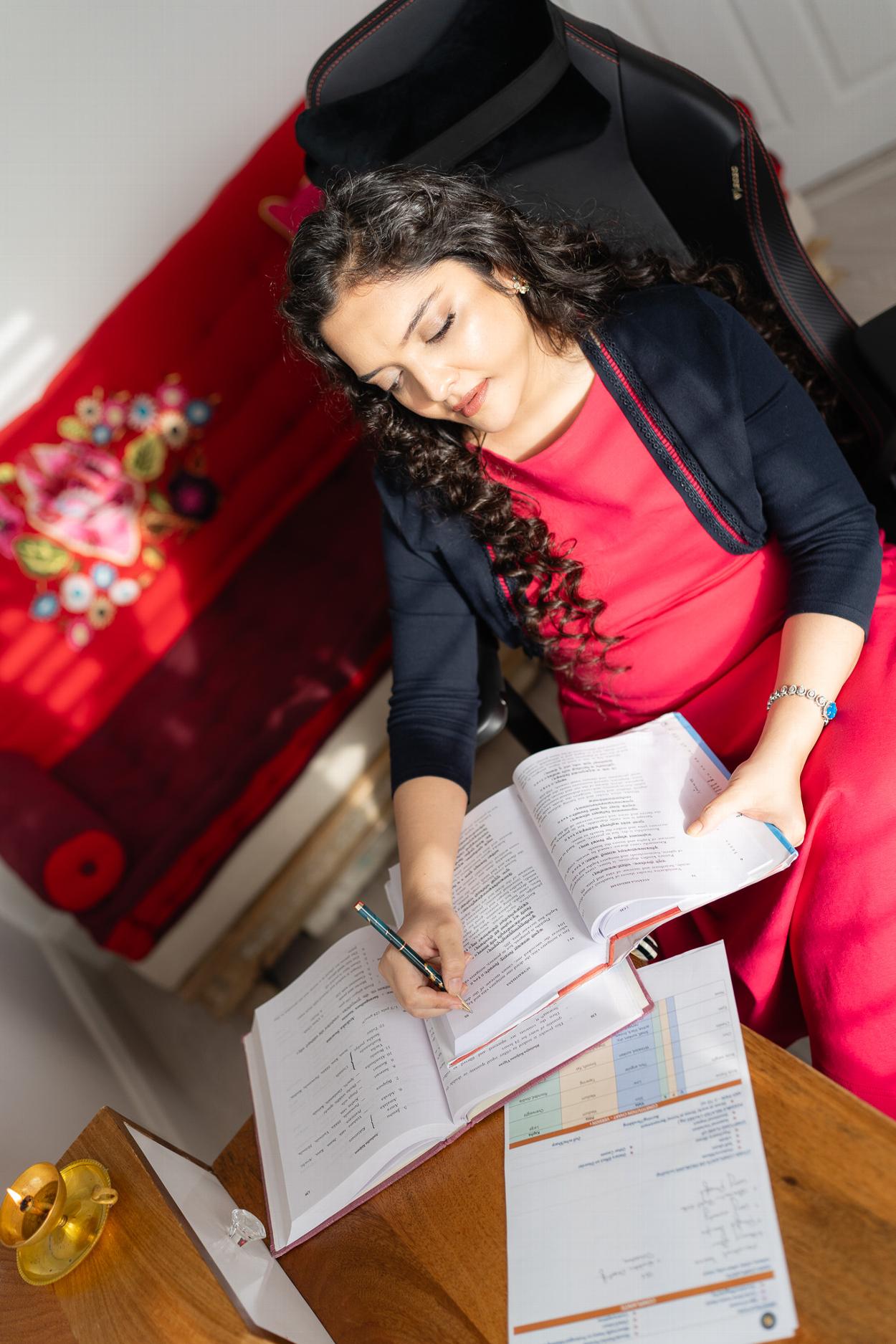Consultations at My Ayurvedic Clinic in London
What to Expect at Ayur-Vaidya
Ayurveda is a system of medical healing that has its roots in ancient India. It is believed to be the oldest healing system that still existing on our planet. Because of its broad scope, Ayurveda embraces all health care disciplines and weaves them into an integrated treatment plan for each individual. Ayurveda encompasses all these treatments and coordinates them appropriately. It is called a “living” science since it incorporates modern developments and techniques along with ancient wisdom. Read testimonials of past patients to understand how Ayurveda can benefit you.
I have realised that Western medicine tends to simply suppress the symptoms rather than focusing/eliminating the cause of the disease which leads to re-current infections or other related disease. Although Western medicine is extremely helpful in acute conditions and trauma, it tends to overlook the importance of individual responses to the stresses and conditions of life. There is no concept of specialisation in Ayurveda, as there is in Western medicine. I treat the whole person, not just the organ or system involved.
My treatment plan is uniquely designed and is appropriate to each individual. Most other medical disciplines are too specialised to design a plan that includes elimination of cause(s), treatment of the condition, rebuilding of the body and the continuing support of a rejuvenation program. In my treatment plan/process, all these elements are of paramount importance.
Book Your Initial
Consultation Today

With its roots in ancient knowledge thousands of years old, Ayurveda provides a system of clinical medicine, and presents its unique philosophy, theory and practical application on a clinical level.
Therefore the consultation will be for an hour and aimed at:
Book your consultation at the Ayur-Vaidya Ayurvedic clinic in London.
1. Trividha Pariksha (3 - fold method): This is used throughout various clinical examination of dhatus (tissues) and srotamsi (channels) and in different disease conditions. These open new avenues for inquiry and investigation.
The first of the trividha pariksha is darshanam (examining the external surface of the body, including appearance, movements, posture and swellings).
The second is Sparshana (Palpation – is used to confirm the findings of darshanam).
The third is prashna (questioning, inquiring and exploring details about a person's conditions).
2. Ashtavidha pariksha (The eight methods of clinical examination): Provides more detailed perception about the disease as it examines; nadi (pulse), mutra (urine), mala (faeces), jihva (tongue), shabda (speech), sparsha (touch), drig (eyes), and akruti (general form).

Ayurveda's sophisticated system of wisdom elaborates the definition of disorders and unique classification of imbalances, which helps me understand the prognosis of the disease.
I will achieve a complete comprehension of the disease by following method/points (listed below). It will also enable me to understand the nature and structure of the disease process as well as the number of doshas taking part in the samprapti (pathogenesis). The dhatus (tissues) involved and the affected srotas (channels) and organs are also completely understood through this effective process.
This will be followed by further clinical assessment of Agni: Agni is the digestive metabolic fires that govern the digestion, absorption, assimilation and transformation of food. The dose/choice of the medicine depends upon the strength of agni as well as the age of the patient and length of time the person has had the disease. Assessment of ama (toxins), by observing the tongue and other excreta, is quite beneficial for the patient's management program.
Book your consultation at the Ayur-Vaidya Ayurvedic clinic in London, and discover how Ayurveda can improve your life.